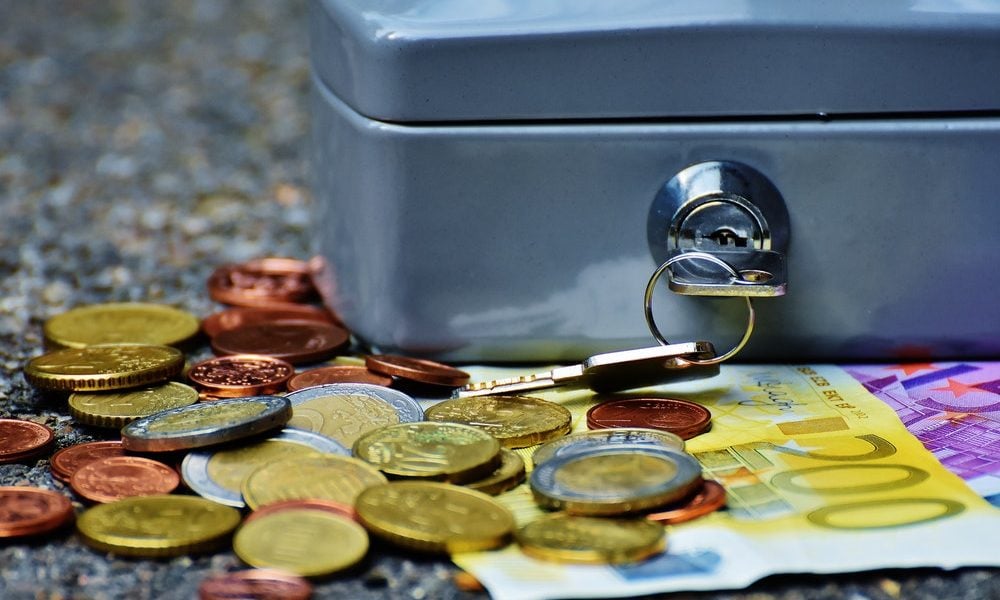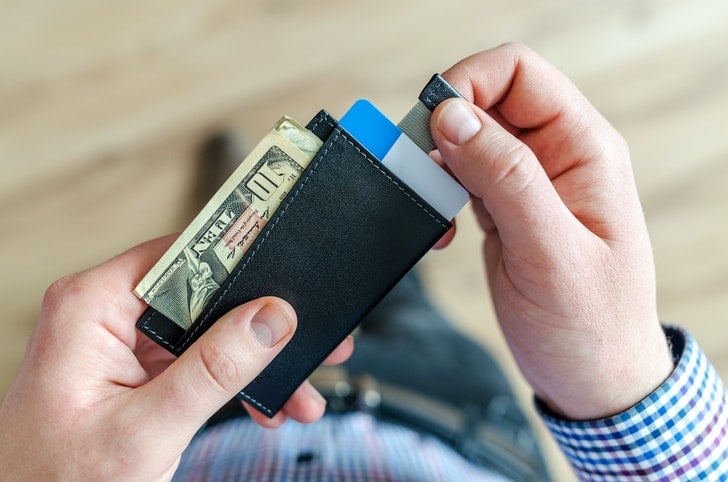
Helpful Tips to Save Your Money and Time

Saving can seem like a pipe dream for many of us at the best times and can be the hardest thing to start saving money. While you may not have control over the economy, you do have control over your actions. You mean well and try to spend less, but something always comes up. Life somehow always gets in the way, this could be in the form of new tires for your car, braces for your child, home repairing and maintenance along with utility bills, saving money takes a back seat.

Karolina Grabowska/ Pexels | Around 40% of Americans who work are not saving any money for retirement
The truth is, you don’t need everything to magically line up perfectly before you start saving money. Spoiler alert: If you wait for the “right time” to roll around, it’s never going to show up. The best time to start saving is right now. Here are some things you can do to boost your chances of successfully saving money.
Budget for savings
At the heart of any savings plan is a budget. Budgeting helps you prioritize your expenditure and find a balance between spending and saving across a whole year. Once you have an idea of what you spend in a month, you can begin to organize your recorded expenses into a workable budget. Your budget should outline how your expenses measure up to your income so you can plan your spending and limit overspending.
Be sure to factor in expenses that occur regularly but not every month, such as car maintenance. It’s advisable to update your budget at least once a year. Or more frequently if your circumstances change significantly, for example, getting or losing a job, having a baby.

Lukas/ Pexels | Saving provides a financial “backstop” for life’s uncertainties and increases feelings of security and peace of mind
Clear all debts or loans
Monthly debt payments are the biggest money suck when it comes to saving. Debt robs you of your income! So, it’s about time you get rid of that debt. The fastest way to pay off debt is with the debt snowball method. This is where you pay off your debts in order from smallest to largest. Once you’re free from paying interest on your debt, that money can easily be put into savings. A personal line of credit is just one option for consolidating debt so you can better pay it off.
Set saving goals
One of the best ways to save money is to set a goal. Start by thinking of what you might want to save for, perhaps you’re getting married, planning a vacation or saving for retirement. Then figure out how much money you’ll need and how long it might take you to save it. If you’re saving for retirement or your child’s education, consider putting that money into an investment account such as an IRA or 529 plan. While investments come with risks and can lose money, they also create the opportunity for growth when the market grows, and could be appropriate if you plan for an event far in advance.

Tima Miroshnichenko/ Pexels | Savings account deposits are generally pretty easy to access, but funds still aren’t as liquid as they are with checking products
Open a savings account
By restricting access to your money, savings accounts can give you a higher interest rate than a basic transaction account. Savings accounts are somewhere you can put some or all of your discretionary income, the amount left over after paying for personal necessities and tax, and any windfalls. You can ward off the temptation to spend this discretionary money by setting up automatic, scheduled transfers from your main account to your savings account.
More in Business
-
Cap Table Management Firm Pulley Gets Featured on Forbes’s Top 50 Fintech Startups
Pulley, a San Francisco-based cap table management firm, is swiftly gaining momentum, challenging industry giants and redefining the landscape for startups...
February 27, 2024 -
Redefining Your Path: 6 Essential Steps for Career Reengineering
So, you’re at a crossroads in your career, contemplating a change that could redefine your professional path or perhaps dreaming of...
February 19, 2024 -
Unsecured Loans: A Deep Dive
When financial needs arise, borrowing money can provide a solution. But which loan products make the most sense for your situation?...
February 16, 2024 -
How to Get Back to Work After a Career Break | 5 Tried & Tested Tips
Taking a career break can feel like you have hit the pause button on a movie. The world continues to move...
February 10, 2024 -
Small-Cap Stocks Could Be Your Biggest Win in 2024 – Here’s Why
In the stock market, where titans like the S&P 500 often steal the spotlight with their record-breaking performances, it is easy...
February 3, 2024 -
4 Things We Learned From the 2024 Golden Globes: A Night of Surprises and Inspirations
The 81st Golden Globes, held on January 7, 2024, was an event that transcended the boundaries of a typical awards ceremony....
January 26, 2024 -
The Path to Wealth: How 3 Productivity Tips Led Me to Multimillionaire Heights
In the pursuit of success, one often encounters the timeless question: How do successful individuals maintain such high levels of productivity?...
January 20, 2024 -
Exciting Career Horizons in 2024: Is Now Your Moment?
As we step into the vibrant landscape of 2024, a question bubbles up in the minds of many: “Is now the...
January 9, 2024 -
Here Are the Top 5 Nickel Stocks to Buy
As you venture into the intriguing world of investing, there is a shiny sector that deserves your attention: Nickel stocks. First...
December 31, 2023














You must be logged in to post a comment Login